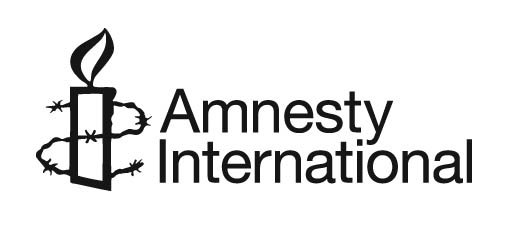MOSCOW, May 23 (RAPSI) - Amnesty International released its annual report on human rights Thursday, painting a grim picture of rights in Russia.
The report was primarily critical of seven key areas of Russia’s human rights record: restrictions on the freedom of assembly, restrictions on the freedom of expression, discrimination, the harassment of human rights advocates, allegations of torture and other ill-treatment, the justice system, and the enduring volatility of the North Caucasus.
In terms of the freedom of assembly, Amnesty International focused a discerning eye on the Bolotnaya Riots in Moscow of May 2012.
An opposition march erupted into chaos on May 6 of last year a day shy of the presidential inauguration when the initially peaceful protest spiraled into a series of violent clashes between protesters and the police.
An investigation has been launched against some 30 individuals in connection with the violence. Some of them were charged with inciting the riots. Almost 1,300 people were interrogated in the case.
The organization further noted that hundreds of arrests were made during and in the direct aftermath of the protests, adding that several popular political leaders were named as witnesses and subsequently subjected to home-searches.
Pussy Riot featured heavily in the report as well.
In February 2012, five young women wearing brightly colored balaclavas staged a "punk-style" prayer in the Christ the Savior Cathedral in central Moscow. An edited video of their performance was posted on the Internet and caused a public outcry.
In August 2012, the Khamovnichesky District Court in Moscow sentenced Alyokhina and two other Pussy Riot members - Nadezhda Tolokonnikova and Yekaterina Samutsevich - to two years in a prison settlement for hooliganism motivated by religious hatred.
In October 2012, the Moscow City Court changed Samutsevich's verdict to a suspended sentence and released her immediately, based on her new attorneys' argument that she was seized by security guards prior to reaching the altar.
Alyokhina's and Tolokonnikova's sentences were upheld.
Amnesty International referenced the Pussy Riot case in order to illustrate its contention that “[t]he right to freedom of expression was increasingly restricted,” referring to the punk rock prayer as a “brief and peaceful, albeit provocative, political performance.”
The report touched on Pussy Riot in reference to its claim that “[t]he need for judicial reform was widely acknowledged, including by senior officials,” as well. Specifically, in its own words: “A range of court decisions, including those concerning extremism and economic and drug-related crimes, were affected by political considerations, and a growing number of convictions appeared politically motivated, including those of the Pussy Riot members.”
State Duma legislator Vyacheslav Nikonov issued the following statement to RIA Novosti in response to the report: “Frankly speaking, I am absolutely disinterested in these reports, because from year to year they are repetitive and predictable down to the punctuation."



